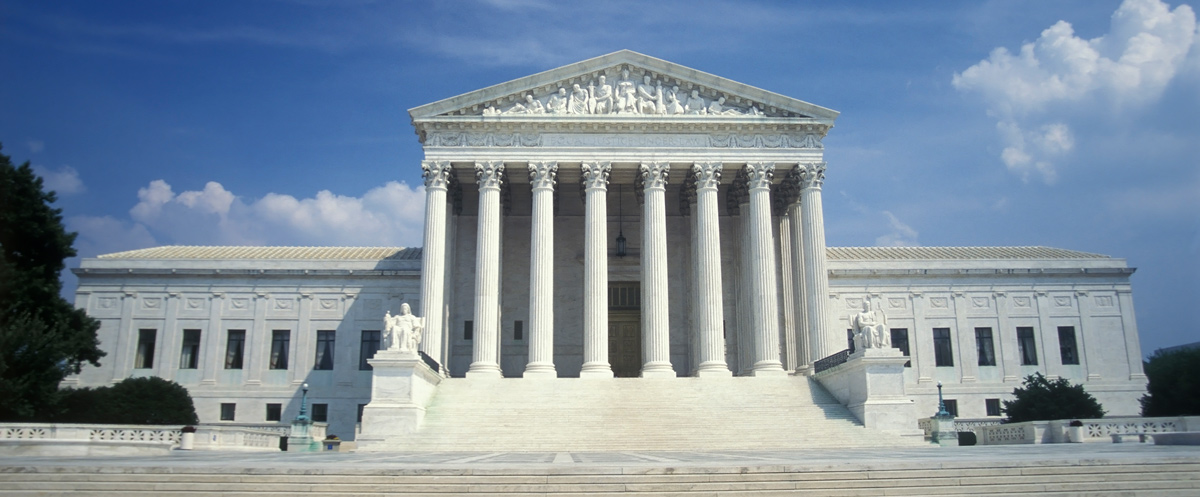
The United States Supreme Court hears a limited number of cases every year and only a handful of those cases are usually related to education matters. Many cases are submitted to the court in the hopes that it will grant “certiorari,” or review, but most are denied the chance to argue their case and do not receive any consideration from the Court. Below is a summary of four education cases that were recently submitted to the Court for consideration.
In its petition, the school district argued that there is a split amongst the circuit courts on how issues related to transgender students are decided. According to the school district, national guidance is needed for schools to determine if biological sex or gender identity should be the basis for separation of students in different contexts such as sports and facilities use. The Fourth, Sixth, Seventh, and Ninth Circuits have all issued opinions that allow for gender identity to be used, whereas the Eleventh Circuit once held that biological sex can be used to maintain separate bathrooms. The student’s attorney characterized this difference in opinions among the circuits not as a split, but instead as a “temporary disagreement about the meaning of a Department of Education regulation that is in the process of being amended.”
Ultimately, the Court denied certiorari without comment or a recorded dissent, meaning there was no rationale given for why the case will not be heard. As a result of the denial of certiorari, the preliminary injunction from the Seventh Circuit stands.
The student’s petition to the Court sought “the Court’s resolution of the legal standards, but not a resolution of the case” and asked if claims challenging corporal punishment are permissible under the Constitution. The petition also asked the Court to provide a clear standard for courts to use if these cases are in fact permissible. The Court did not take the case and made no comment or recorded dissent leaving the Fifth Circuit’s dismissal in place and precedent as it stands (including that California schools are not exempt from claims for corporal punishment).
Similar to the SFFA case, this case challenges an admission process used in a school setting. Thomas Jefferson High School for Science and Technology is a highly rated high school in Virginia that changed its admission process in 2020 in the hopes of being more inclusive and to encourage diversity. To achieve this, the previously used entrance exam and teacher recommendations were no longer required, and the school added consideration of “experience factors,” which included economic disadvantage and status as an English learner to its admissions criteria.
Parents of students seeking admission sued the school in response to these changes arguing that the changes specifically aimed to reduce the number of Asian American students admitted to the school. The Fourth Circuit Court of Appeals found in favor of the school district and the parents filed a petition for writ of certiorari with the Supreme Court. The Court “relisted” the case several times and on Feb. 20, 2024, denied cert, leaving the Fourth Circuit’s decision in place.